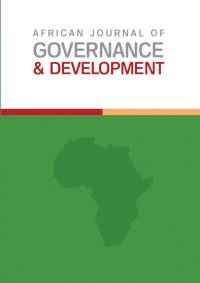Dimensions, Dynamics and Pathways of Addressing Inequality and Inequity among Children in Africa
Main Article Content
Abstract
Inequality and inequity are devastating to all of us. These two pertinent issues, however, negatively impact on children more than adults. They are a cancer that must be halted from many fronts by both state and non-state actors. Public policy in Africa can no longer afford to pay little
attention to inequality among children. All children – regardless of circumstances at birth and other extraneous factors such as place of residence, available income, religion and political context – should have equal chance and access to opportunities to develop and progressively
realise their rights. Inequality and inequity among children have their own dynamics, slightly different from those experienced by other segments of the population. If African governments are to effectively fulfill their role of ensuring the development of all children, they need to be mindful of the dimensions, manifestations and measurements of inequality and inequity among children. The aim of this paper is to proffer policy options, conveniently labelled ‘pathways’, on how to tackle inequality among children in Africa. The paper advocates for a broad-based and child rights based approach, which goes beyond the narrower focus on income and delivery of social services to children. The discussion is based on extensive review of literature on inequality and children’s rights as well as interviews with key informants in selected African countries. The policy options are by no means exhaustive. Their effective application will, however, be significantly influenced by the context.
Article Details

This work is licensed under a Creative Commons Attribution-NonCommercial-NoDerivatives 4.0 International License.
